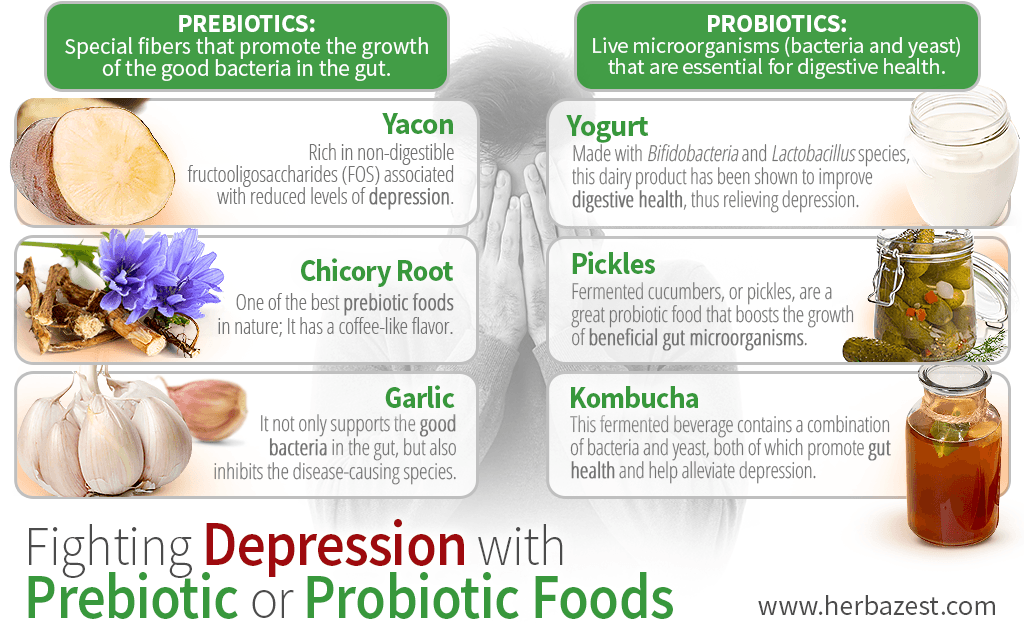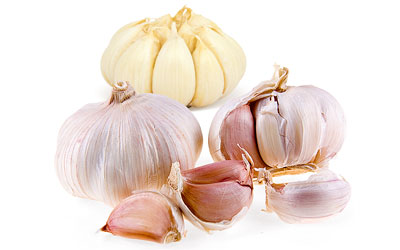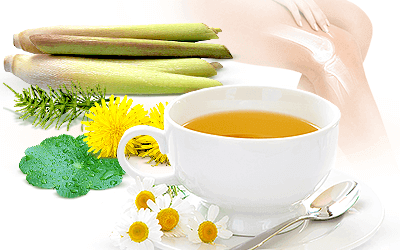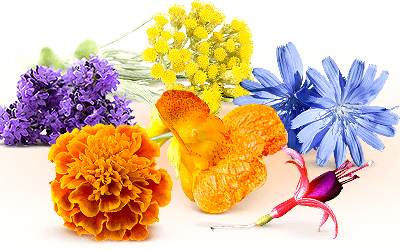Although depression is currently one of the most common mental disorders, it continues to be poorly understood. Only in the United States, about 21 million adults experienced at least one major depressive episode during 2020.1
A number of studies have linked depression to poor intestinal health, and an increasing amount of evidence suggests that prebiotics and probiotics might be able to provide an effective solution.
Prebiotics
Prebiotics are carbohydrates that are not absorbed by the digestive system and serve as food for gut bacteria, promoting their growth.
These are outstanding sources of prebiotics that are easy to add to your daily diet:
Yacon
This South American root is famous for having several medicinal properties. Yacon tubers contain great amounts of non-digestible fructooligosaccharides (FOS) that have been associated with reduced levels of depression. There are many ways to reap the benefits of the yacon plant: just grab a few slices of the fresh root on the go, sweeten your oatmeal with yacon syrup, or add yacon powder to your morning smoothie.
Chicory root
Chicory root is one of the best prebiotics in nature. You can eat it raw and enjoy its coffee-like flavor, or add it to bread, cereal, savory dishes, and other meals. To double the benefits on mental health, grab some brain-nourishing almonds and try this almond and chicory risotto.
Garlic
Garlic is also an effective prebiotic that has shown promising effects on depression, so introducing it into your diet might give your body a multi-system boost. Garlic not only helps support the growth of the good bacteria in the gut, but may also help inhibit the disease-causing species. Eat some garlic guacamole with sliced carrots and celery sticks for a healthy mid-day snack.
Probiotics
Scientific research has shown that about 95% of the body's serotonin is synthesized in the intestinal tract. The gastrointestinal microbiota plays a critical role in regulating the production of this chemical, which is crucial for mood regulation and well-being.2
Probiotics are live microorganisms (bacteria and yeast) that are similar to the beneficial microbes found in the gut. They are essential for digestive health.
The following foods are great sources of probiotics:
Yogurt
Yogurt is one of the most popular ways to obtain precious probiotics. It is the product of milk fermentation by Bifidobacteria and Lactobacillus species, which have been shown to improve digestive health and aid in depression treatment. Yogurt can be used to make delicious salad dressings, smoothies, puddings, or fruity parfaits.
Pickles
Fermented cucumbers, commonly known as pickles, are another great probiotic food. Toss them in your salad or top your favorite burgers or crunchy quinoa patties with these fermented goodies. Your gut and brain will thank you for it!
Kombucha
Kombucha is a popular drink with unique taste and lots of probiotics. It is the result of fermenting sweetened black tea with scoby, a symbiotic colony of bacteria and yeast. Though this drink is commonly available in the stores, making kombucha at home is easy and cost-effective.
Most people do not relate their mental health to their digestive tract, but science continues to provide evidence of this previously unsuspected link. Along with medical advice and proper therapy, enriching your diet with these prebiotic and probiotic foods to fight depression can be an easy and delicious way to nurture your gut and your mind, especially when paired with physical movement. Keep in mind it is always best to consult a healthcare professional for a more personalized treatment plan.
Sources
- Annals of General Psychiatry, The effects of probiotics on depressive symptoms in humans: a systematic review, 2017
- Cell, Indigenous Bacteria from the Gut Microbiota Regulate Host Serotonin Biosynthesis, 2015
- Clinical Psychopharmacology and Neuroscience, The Gut-Brain Axis: The Missing Link in Depression, 2015
- CNS & Neurological Disorders - Drug Targets, Gut emotions – mechanism of action of probiotics as novel therapeutic targets for depression and anxiety disorders, 2014
- Cureus, Gut Microbiome and Depression: How Microbes Affect the Way We Think, 2020
- Food Science and Human Wellness, Study on prebiotic effectiveness of neutral garlic fructan in vitro, 2013
- Frontiers in Microbiology, Milk kefir: composition, microbial cultures, biological activities, and related products, 2015
- Indian Journal of Pharmacology, Evidences for the involvement of monoaminergic and GABAergic systems in antidepressant-like activity of garlic extract in mice, 2008
- Nutrients, Fiber and Prebiotics: Mechanisms and Health Benefits
- Probiotics, Prebiotics, and Synbiotics: Bioactive Foods in Health Promotion
- Phytotherapy Research, Inulin-Type Oligosaccharides Extracted from Yacon Produce Antidepressant-Like Effects in Behavioral Models of Depression, 2016
Footnotes:
- National Institute of Mental Health. Major Depression. Retrieved August 25, 2022 from https://www.nimh.nih.gov/health/statistics/major-depression
- Handbook of Experimental Pharmacology. (2017). Serotonergic Mechanisms Regulating the GI Tract: Experimental Evidence and Therapeutic Relevance. Retrieved August 25, 2022 from https://www.ncbi.nlm.nih.gov/pmc/articles/PMC5526216/







